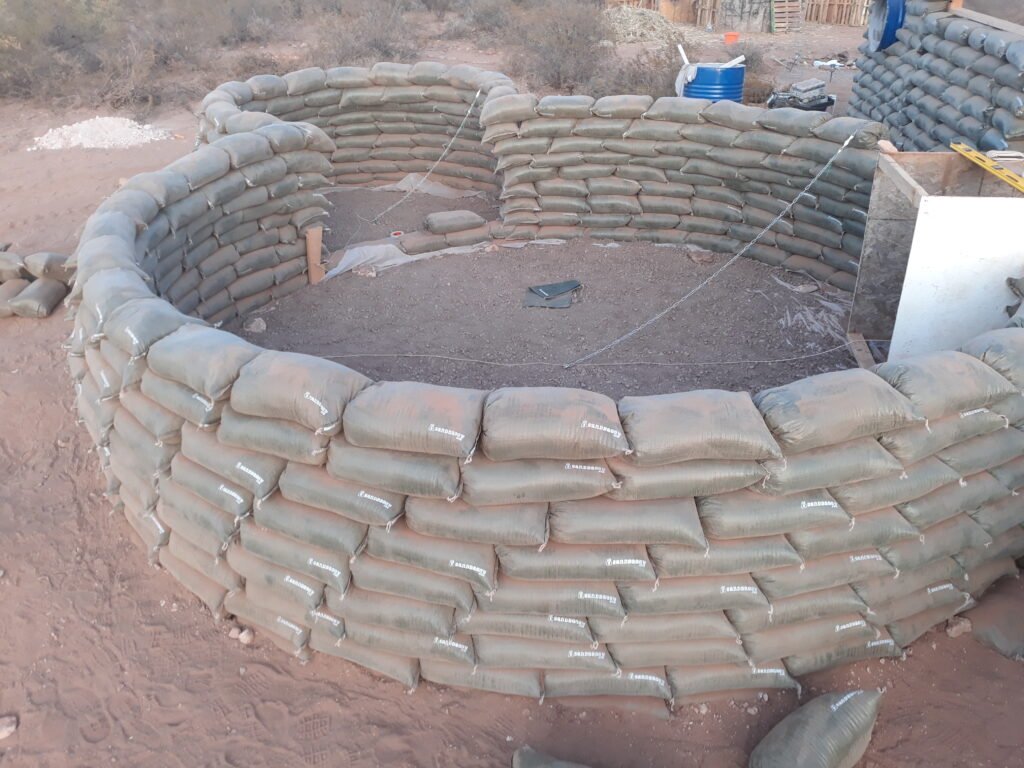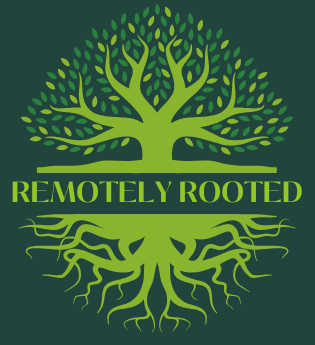
Understanding Off-Grid Living
Off-grid living is a lifestyle choice that allows individuals or families to live independently from public utilities such as electricity, water, and sewage systems. This way of life contrasts sharply with traditional living, where individuals rely on these services to ensure their day-to-day functioning. Embracing off-grid living often involves adopting alternative solutions for energy, water, and waste management, which fosters a deeper connection with nature and promotes self-reliance.
One of the primary advantages of off-grid living is sustainability. In an off-grid home design, residents often utilize renewable energy sources, such as solar and wind power, to meet their energy needs. This direct reliance on natural resources significantly reduces one’s carbon footprint and overall environmental impact. Furthermore, utilizing these alternative energy solutions contributes to self-sufficiency, allowing homeowners to cultivate a lifestyle that is both economically and environmentally sustainable.
However, off-grid living does come with its own set of challenges. Proper planning is crucial in the transition to an off-grid lifestyle, as resource management becomes paramount. Homeowners must take into consideration the initial investment for equipment, the logistics of obtaining food and water, and the complexities of waste disposal. Additionally, living off the grid can lead to feelings of isolation, as individuals may find themselves distant from urban centers and social communities. Yet, many off-grid enthusiasts view this solitude as an opportunity to strengthen their connection with their environment and contribute to a more mindful way of life.
In conclusion, understanding and embracing off-grid living requires a distinct shift in mindset and daily practices. While the benefits of sustainability and self-sufficiency are compelling, one must also acknowledge the challenges that accompany this lifestyle. By carefully considering their options and integrating renewable energy solutions like solar power, individuals can successfully navigate the path of alternative living.
Key Considerations for Designing Your Off-Grid Home
When embarking on the journey of designing an off-grid home, several key considerations will significantly influence the success of your project. One of the foremost factors to evaluate is your geographical location. Varied regions offer different advantages in terms of natural resources, including sunlight, wind, and water sources. For example, areas with abundant sunlight are particularly suitable for solar energy systems, which are critical for an effective off-grid lifestyle. Understanding local climate conditions is equally important, as it dictates the type of insulation, ventilation, and overall architecture that will enhance energy efficiency.
Moreover, prospective off-grid homeowners must familiarize themselves with zoning laws and building permits that govern land use in their chosen area. These regulations may impact not just the design and materials used, but also the overall feasibility of your alternative living plan. In addition, selecting the correct materials for construction is vital for ensuring the durability and efficiency of the off-grid home. Sustainable materials that require minimal processing offer both environmental benefits and long-term cost savings. For example, locally sourced wood or recycled materials can significantly reduce the carbon footprint of construction while adding to the aesthetic value of the home.
Design principles that prioritize energy efficiency should be integrated into the planning phase as well. Utilizing passive solar design strategies, such as strategically placed windows for natural lighting and thermal mass for heat retention, can dramatically reduce reliance on external energy sources. By adopting these principles along with sustainable architecture, homeowners can create an off-grid home that not only meets their individual goals but also coexists harmoniously with the surrounding environment.
Essential Systems for Off-Grid Living
Designing an off-grid home requires careful consideration of several integral systems that provide essential services independently from conventional infrastructure. The primary focus typically centers around energy generation, water supply, and waste management. Understanding these systems’ specifications is crucial for effective off-grid living.
For energy systems, solar panels remain the most ubiquitous option. Integrating solar technology into an off-grid home design involves assessing the household’s energy consumption to determine the appropriate size and number of panels needed. Each panel’s output should be matched with projected energy use, accounting for seasonal variations and the specific appliances in use. Wind turbines represent another alternative energy source that can be viable depending on regional wind conditions. Coupling solar and wind energy can create a more reliable energy supply, enhancing the efficiency of an off-grid living arrangement.
Water is another critical component of off-grid living. Sourcing water can be achieved through several methods, including rainwater harvesting, groundwater wells, or nearby natural water bodies. Designing a robust water management system involves not only sourcing but also storing water effectively, which may include using tanks or cisterns. Moreover, the inclusion of filtration systems is vital to ensure clean drinking water, adding another layer of complexity to off-grid home design.
Waste management systems are equally important in maintaining an eco-friendly and functional off-grid home. Composting toilets serve as a sustainable alternative to traditional plumbing, minimizing water usage while offering useful compost for gardening. Additionally, greywater recycling encourages more responsible water usage by repurposing water from sinks and showers for irrigation, further enhancing the sustainability of off-grid living.
In conclusion, integrating energy, water, and waste management systems is essential for an off-grid home. Thoughtful design not only enhances efficiency but also promotes the viability of alternative living. By addressing these key areas, one can create a balanced and functional off-grid lifestyle tailored to individual needs.
Practical Tips for Building and Maintaining Your Off-Grid Home
Designing an off-grid home requires careful planning and a commitment to sustainable practices. Budgeting is a crucial first step in this process. Begin by estimating the total costs associated with construction, including land acquisition, materials, and labor. A detailed breakdown will help manage expectations and ensure you allocate sufficient funds for every aspect of your off-grid home design. Consider applying the principles of alternative living by sourcing materials locally and sustainably. Utilizing reclaimed materials not only reduces costs but also minimizes your environmental footprint.
A well-managed project is key to a successful build. If you are taking on a DIY approach, cultivate strong project management skills. Create a timeline with milestones to track progress and ensure that every phase of construction adheres to your planned schedule. For those seeking professional help, carefully vet potential contractors, focusing on those with experience in off-grid projects to ensure they understand the unique requirements of sustainable building practices.
Once your home is established, maintaining sustainability becomes a priority. Implement strategies to reduce energy consumption by utilizing solar panels or wind turbines, which can provide a continuous power supply. Efficiently managing resources such as water is critical; install rainwater harvesting systems to utilize natural precipitation effectively. These systems can substantially decrease reliance on external water sources.
Community involvement plays an essential role in transitioning to off-grid living. Engaging with local networks, such as co-ops or sustainability groups, can provide valuable resources, knowledge sharing, and support during your journey. Whether it’s sharing experiences with fellow off-grid dwellers or finding local artisans for home maintenance, building a supportive community can significantly enhance your off-grid lifestyle.
